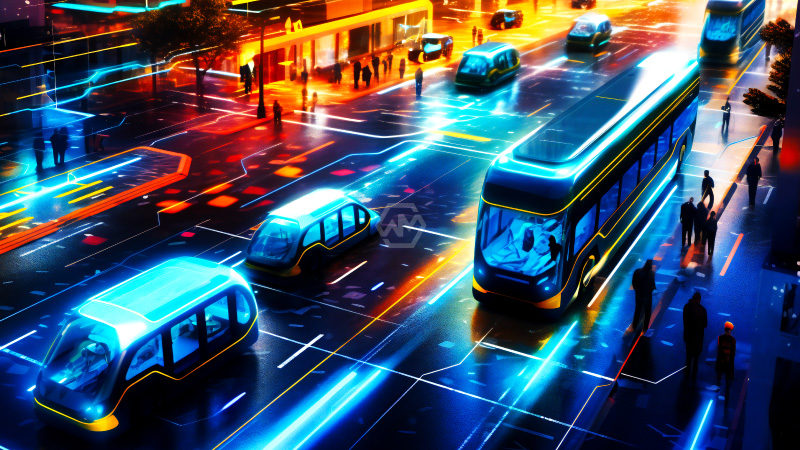- The real game-changers that will determine the industry’s future are electrification and softwarization.
- In the United States, 8% of all new car purchases in 2022 were electric, and 14% of new car sales worldwide were electric.
- Automakers have found softwarization difficult because of their disparate self-perceptions.
The automotive sector faces numerous difficulties, such as rising interest rates, inflation, problems with the supply chain, and hiring talent. On the other hand, the real game-changers that will determine the industry’s future are electrification and softwarization.
Automakers have risen to the occasion, particularly when it comes to electric vehicles, where hybrid options are growing in popularity. In the United States, 8% of all new car purchases in 2022 were electric, and 14% of new car sales worldwide were electric.
Automobile Industry
Automakers have found softwarization difficult because of their disparate self-perceptions. Although legacy automakers have a long history of developing innovative hardware, the adoption and monetization of software are challenging. Nevertheless, a growing number of automakers have proven themselves capable of utilizing AI in various areas such as design, planning, production, risk assessment, driver assistance, warranty management, and customer service. From 2023 to 2030, the amount of money that automakers have been investing in AI is predicted to increase at a compound annual growth rate of 22.7%.
Another area automakers are pursuing is generative AI at scale. It has demonstrated the ability to boost output, foster innovation, improve judgment, and generate new business for almost any industry, including the automotive one.
For example, Tesla uses artificial intelligence (AI) at the fleet scale to accelerate innovation. In the first half of 2023, 42.4% of all passenger vehicle sales in China were made up of cars with combined driver assistance.
With the use of softwarization in design and manufacturing, Chinese automakers are well-positioned to advance technology and outpace their competitors in terms of affordability and value over the course of a vehicle’s lifespan.
While most cars leave the factory with just enough processing power to perform the bare minimum, this puts automakers at a disadvantage because they are unable to install a software sandbox in every car that is driven off the lot.
This data is critical to the real-world development and testing of new functions, accelerating innovation and new feature speed while minimizing risks. Automakers will be able to better support their customers, tailor and enhance the driving experience overall, and analyze driving behavior with increased computing power and generative AI.
Softwarization, which is similar to electrification, is the way of the future for the automotive industry. As connectivity becomes essential to the driving experience, modern cars are increasingly approaching the status of computers on wheels.



